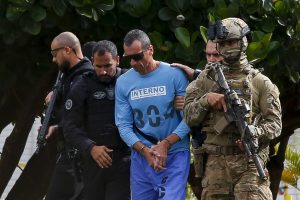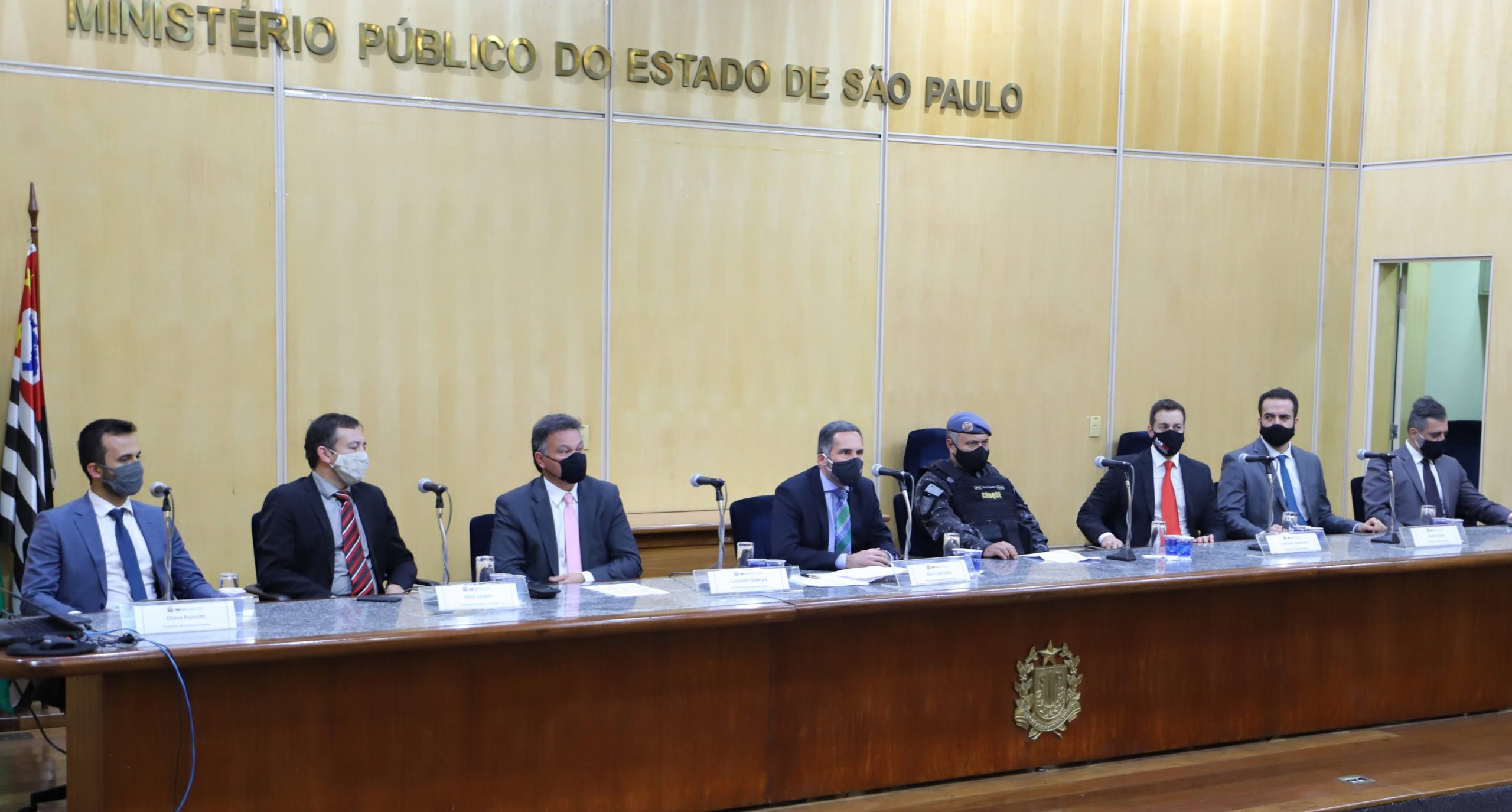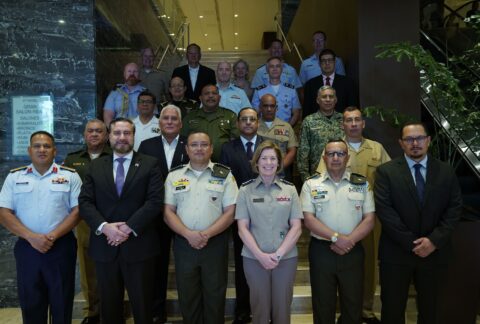To evade financial oversight, the First Capital Command (PCC, in Portuguese), Brazil’s main narcotrafficking organization, rents some properties to conceal money and arms. The criminals refer to these properties as safe houses. Most of them are in São Paulo and close to the city of Santos, where a main Brazilian port is located, which the PCC uses to export drugs.
The safe houses were found as a result of an investigation launched in 2019 by the São Paulo Office of the Attorney General (MP, in Portuguese), to uncover the PCC’s money laundering scheme. According to the MP, the PCC sold 15 tons of cocaine in the first half of 2019. Between January 2018 and July 2019, the criminals moved some $195 million from drug sales.

“We successfully identified and mapped the entire faction’s leadership. We found the organization’s important sectors that were linked to narcotrafficking, and identified the individuals responsible for logistics of the drug supply coming from Paraguay and Bolivia,” said MP’s Prosecutor Lincoln Gakiya.
The police operation conducted in September 2020 resulted in the arrest of the leader of the criminal group’s finances, Robson Sampaio de Lima, known as “Germany” (Alemanha). He was inside one of the safe houses that the MP discovered. The MP’s operations conducted with the Military Police, in addition to Federal Police (PF, in Portuguese) operations, resulted in the arrest of 13 of the 20 individuals identified as leaders of the PCC’s money laundering scheme. A total of $14 million from these criminals’ accounts, as well as company accounts linked to them, were blocked.
The main leader of the group, Marcos Willians Herbas Camacho, aka Marcola, was arrested in 1999. He is currently serving his sentence at the Brasília Federal Penitentiary, which was inaugurated in 2018 to isolate the country’s most dangerous inmates.
Generating assets
In addition to concealing cash and arms inside safe houses, the PCC has been operating a structure that buys and sells high-end assets to conceal the origin of the illegal money for more than 10 years.
According to the PF’s investigations, these assets reached their peak in 2017, when 73 properties were estimated at $6 million. Since then, they have begun to dwindle. In October 2020, the criminal organization had 58 apartments, houses, and land appraised at some $3.5 million in total, as well as 210 cars, trucks, and motorcycles.
According to the PF, the decapitalization was caused by three factors: diversified investments, payment of debts to other cocaine suppliers, or money remittance to foreign countries. The analysis of the material seized during police operations and ongoing investigations will clarify this and answer other questions. “We will cross-check the negotiations of these properties with the tax paid by individuals involved,” said PF Deputy Rodrigo Costa.









